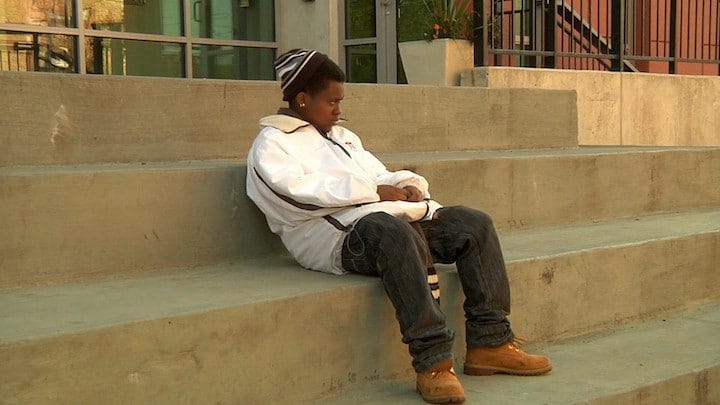‘The Homestretch’ Review: Another Pressing Issue With Another Prosaic Documentary
‘The Homestretch’ Review: Another Pressing Issue With Another Prosaic Documentary

If you come away with anything at the end of The Homestretch, it should be that there are tens of thousands of homeless youths in Chicago. But I just told you that, so do you need to watch the 90-minute film? Perhaps if you want to put a face to a statistic. Or three faces.…



